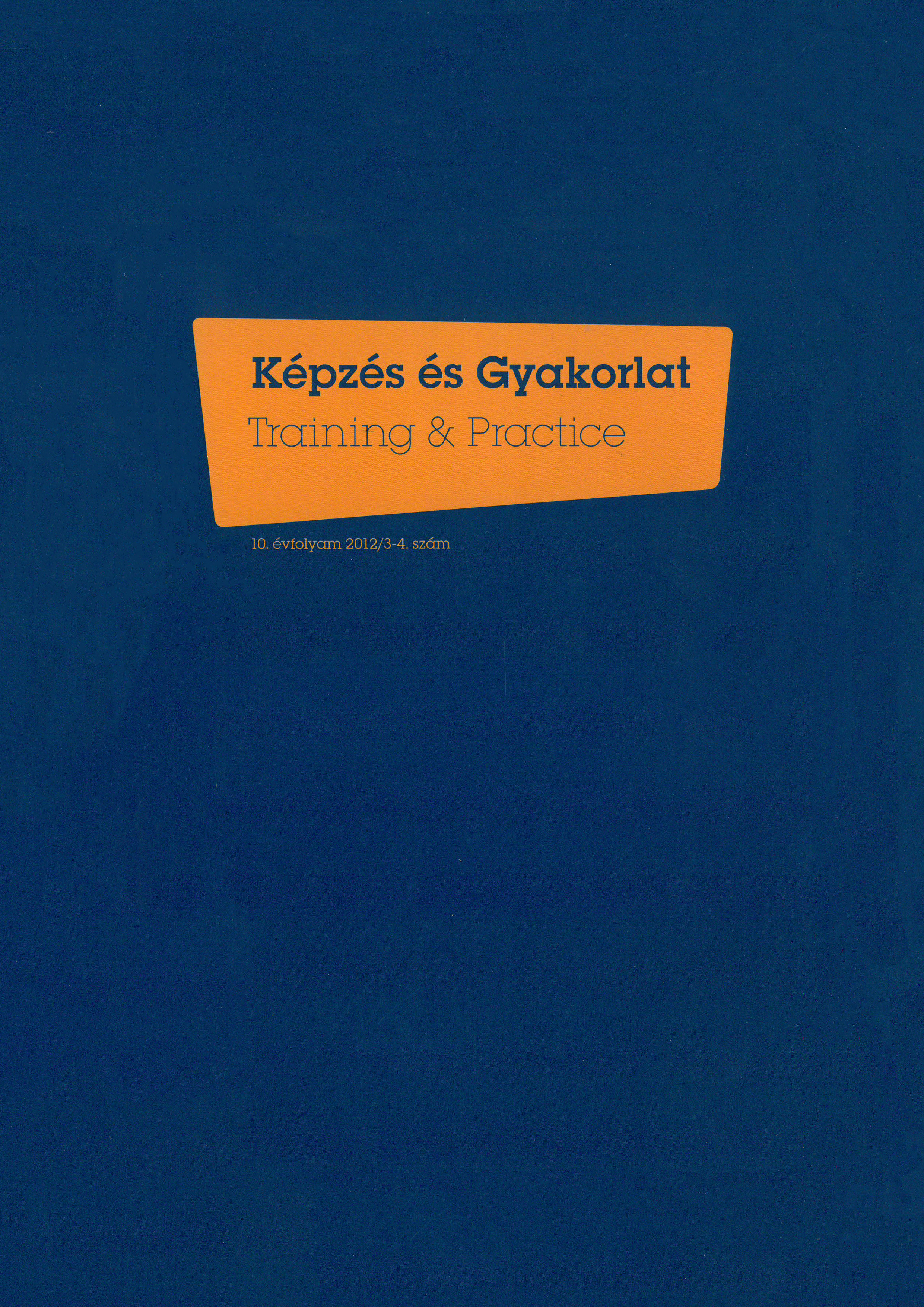Beliefs about Male Elementary School Teachers in the Feminised World of Education
Abstract
The feminisation of education and particularly of elementary education has been a well-known fact for decades. However, when this issue is problematized, researchers tend to resort to common essentialist beliefis about the role of the sexes, instead of the interdisciplinary framing of the question. We have insufficient data on how the presence of male elementary teachers change the school climate and the teaching process itself; as well as the students’ gender socialisation, whether male elementary teachers influence their students’ gender identification in a radically different way from that of the female teachers, and if so how? Our research aims to find out what beliefs are present among the students and their parents about the male teachers. We also intend to explore how the male and female teachers themselves reflect on the interplay of their gender and professional identities.
References
Angelusz Erzsébet (1984): Filozófia, antropológia, nevelés. Akadémia Kiadó, Budapest
Bourdieu, Pierre (1978): A társadalmi egyenlőtlenségek újratermelődése. Gondolat, Budapest
Buda Béla (1996): A pedagóguspálya elnőiesedésének pszichoszociális problémái. Educatio, 5/3: 431–440.
Dombi Alice (2002): A mintaadó pedagógusszerep jellemzői. Magyar Felsőoktatás, 2/3: 63–64.
Fausto-Sterling, Anne (1995): Myths of Gender: Biological Theories About Women and Men. Second Edition. BasicBooks, New York.
Ferge Zsuzsa – Gazsó Ferenc – Háber Judit – Tánczos Gábor – Várhegyi György (1972): A pedagógusok helyzete és munkája. MTA Szociológiai Kutató Intézete, Budapest
Figula Erika (2000): A tanár-diák kapcsolatban szerepet játszó személyiségtulajdonságok. Új Pedagógiai Szemle, 2: 76–82.
Fodor Éva (2003): A női emancipáció Magyarországon és Ausztriában, 1972–1992. Szociológiai Szemle, 1: 28–54.
Hitchcock, Graham and David Hughes (1995): Research and the Teacher. A Qualitative Introduction to School-based Research. Routledge, London and New York.
Kovács Edina – Thun Éva (2007): Szerep nem szerep. Szociális és Munkaügyi Minisztérium, Budapest.
Nagy Beáta (2006): Azonosság vagy különbözőség – a foglalkoztatás férfias normái. In: Sándor Klára (szerk.): Pápai Feminizmus. Szabó Miklós Liberális Alapítvány, Budapest, 37–52.
Nagy Beáta (1995): Nők a gazdasági elitben: az üvegplafon. Info-Társadalomtudomány, 32: 39–45.
Magno, Cathryn – Iveta Silova – Susan Wright – Eniko Demeny (2003)(szerk.): Open Minds. Opportunities for Gender Equity in Education. A Report on Central and South Eastern Europe and the Former Soviet Union. Open Society Institute, New York.
Rédai Dorottya (2005): Társadalmi nemek a közoktatásban: A szlovén és a magyar közoktatási reformfolyamat értékelése gender-szemszögből. Új Magyar Női Szemle, Különszám. 96–109.
Sallay Hedvig (1995): Tanári szerepek percepciója: egy általános iskolai felmérés tanulságai. Magyar Pedagógia, 95/3–4: 201–227.
Szivák Judit (2002): A pedagógusok gondolkodásának kutatási módszerei. Műszaki Kiadó, Budapest.
Thun Éva (1996): „Hagyományos” pedagógia – feminista pedagógia, Educatio, 5/3: 404–416.
Thun Éva (2007): A neveléstudományi- és oktatástudományi paradigmákról - a társadalmi nemek elméleti kereteibe foglalva. Educatio, 16/4: 623–636.
Thun Éva (2010): A pedagógusnők identitástudata. PhD-disszertáció. Kézirat.
Downloads
Published
Issue
Section
License
Copyright (c) 2012 Frank Tamás, Thun Éva

This work is licensed under a Creative Commons Attribution-NonCommercial-NoDerivatives 4.0 International License.








